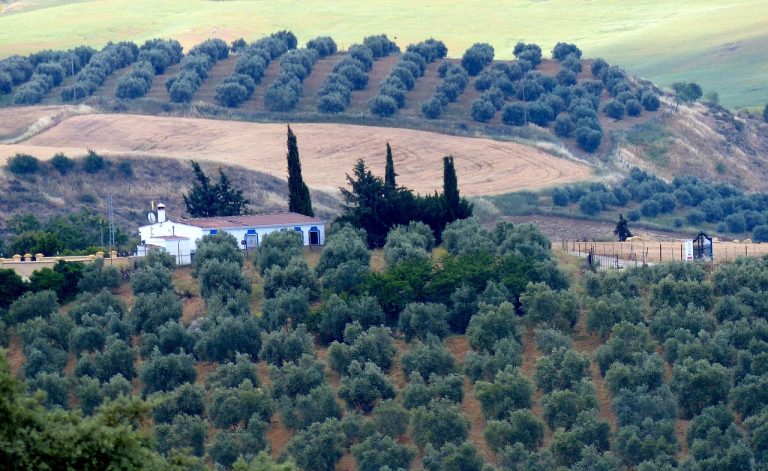It is the dawn of a new administrative journey in Nigeria, and newly or reelected government representatives are taking the initiative to boost and better the livelihood of its citizens.
The agricultural sector, among many, is most prioritized by almost all state governors because it is the fastest way to alleviate economic hardship and strengthen the business space.
This has seen governors develop initiatives, make promises, and sign memoranda of understanding (MOUs) relating to agriculture.
One of the most recent AGRIC MOUs signed is between the Niger State Government of Nigeria and a German firm to establish farm estates in the state.
This information was made known to the public on Thursday, November 23, 2023, by the Chief Press Secretary to the Governor, Bologi Ibrahim.
Fatima Zahra Mohammed, a reporter for ASHENEWS, says that “the statement said that the governor signed the agreement on behalf of the state government on Wednesday, November 22, 2023, in Germany.
He said that the farm estate would serve as a training center for sustainable agricultural-related activities.”
Be it as it may that this initiative is magnificent, it is important to put into consideration factors that will either better, deter, or halt this project in the long run.
Nigeria and states have experienced and seen such and better agricultural initiatives at both federal and state levels, which became an issue of themselves at the course of initiation or years after establishment.
A very similar initiative that is facing the same faith as citizens is the Plateau State Agric Service Training Centre (ASTC) in Vom.
ASTC, an initiative of the administration of former governor Jonah David Jang of Plateau State, was established over ten (10) years ago. It was set up to train farmers on modern best practices, help create self-sustaining agricultural growth, render tractor rental services to farmers at affordable price, boost the agro-sector in the state, sell agrochemicals and fertilizers that are tested, and offer consultancy services.
The center, with head office at NO.1B Wamba Road GRA Jos, Plateau state capital, has branch offices along NVRI road Vom Jos South; Kassa along Barkin Ladi road; along Tam Gindiri Mangu road; along Yelwa road Shendam Local Government Area (LGA) of Plateau state; and near federal road safety, Zaria/Kano road Saminaka in Kaduna; and Samaru out station Kwai road, near the school of agriculture.
With magnificent structures at the various ASTC stations, the major station at Vom Jos South has drawn the attention of the public, passersby, and host community to the dilapidated structures, equipment, grounded tractors, and bushy environment.
An initiative that envisioned training farmers to improve their welfare and that of the entire population, create employment, create wealth, and ensure food security has not met its full aim and dictate in the past few years.
Some of the reasons can be attributed to changes in administration, which play a vital role in any successive administration project.
Secondly, politics, which is tied to the first, third, maintenance, and lastly sustainability in terms of funding and legacy.
With this great innovation in mind, the Niger state government must put politics, maintenance, sustainability, adaptability by successive administrations, and more on the front burner of this project.
Politics at all fronts, ranging from administrative, internal, stakeholder, and external politics, if not adequately managed, can hinder the piloting of this initiative for the Niger state government.
Maintenance, as seen in relation to the ASTC facility in Vom Jos, South LGA Plateau State, should be done on a regular basis to keep the facility running, both by initiating administration and successive administrations.
Sustainability can only be achieved by engaging visionary stakeholders, partners, management and adequate availability of funds, A major factor that hinders the sustainability of a public-private Partnership (PPP) is failure of government to remit their side of the financial commitment
Secondly, failure to make a short-term, mid-term, and long-term sustainability plan and the conversion of societal projects to private projects are pointers that can easily and quickly affect any project’s aims and goals.
Lastly, adaptability by successive administrations This affects all sectors of Nigeria’s social politics; the failure of successive governments to complete predecessors’ social projects negatively impacts the economy, health, growth, and security of society and people.
Therefore, it is imperative that the Niger state government take cautious move to make this Farm Estate project adopted, maintained, nurtured and sustained for the good of the people, growth of the state and to meet set goals and objectives of the farm estate partnership


